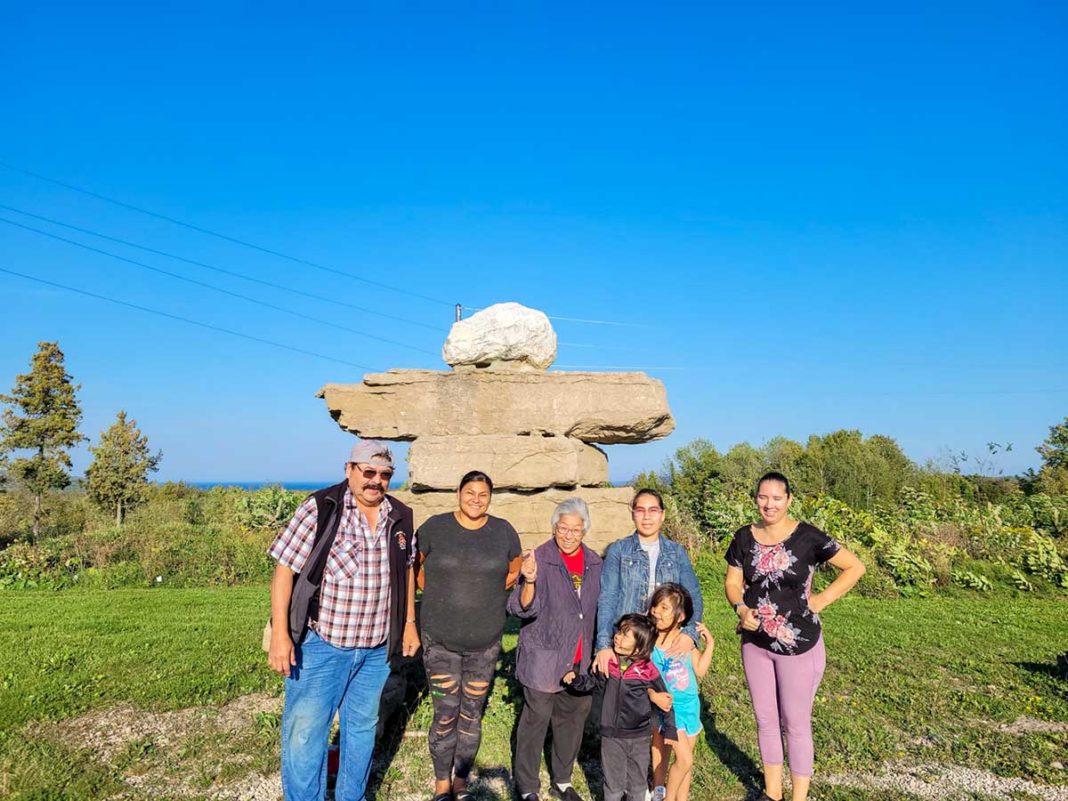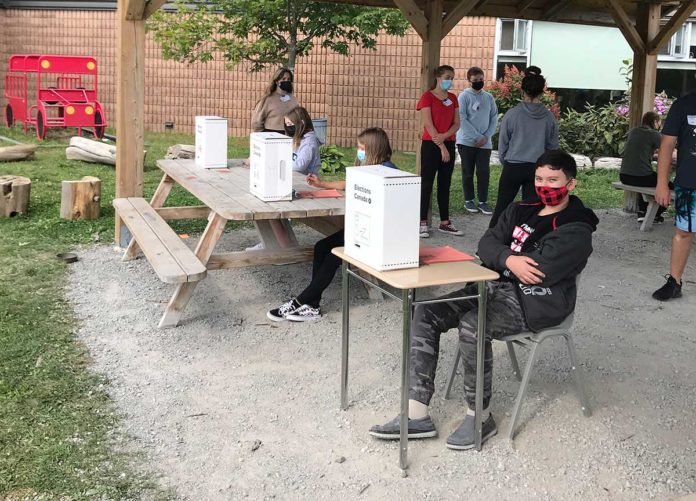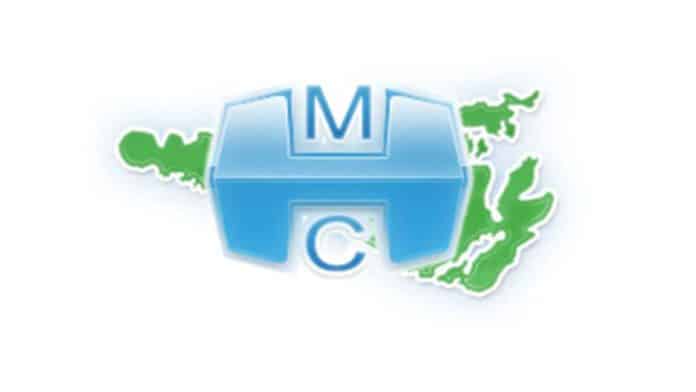House has two language speakers on duty for conversation 7 days a week
WIIKWEMKOONG – Alarmed by the decline of fluent Anishinaabemowin speakers in the community and seeking to find ways to preserve and enhance the Ojibwe, Odawa and Potawatomi dialects, a group of parents and elders joined forces three years ago to create Nawewin Gamik. Originally just an informal grassroots group, Nawewin Gamik formalized their relationship as a non-profit in order to access funding—that proved to be an inspired move as the group recently received $100,000 from the federal government’s Canada Council for the Arts and $15,000 from the Ontario Arts Council.
“Initially we were advised that, since we were a new group, we probably would not be successful in our first application,” said Nawewin Gamik president Tracy Cleland. To her astonishment and delight, both the federal and provincial agencies ponied up their full ask.
Although Anishinaabemowin is strong in Wiikwemkoong, that strength masks a dire future for the Indigenous languages.
“We did a community survey when we started up and there are 485 fluent speakers, on and off-reservation,” said Ms. Cleland. “We are probably under 450 now.” The challenge is that those fluent in the language are largely comprised of elders, 40 of which have passed in the last year.
“Our group is trying their best to turn that around,” said Ms. Cleland. The issue is that youth in the community have not embraced the language, even though there are many opportunities.
“Even though we have language classes in the schools and programs in the community, nothing seems to be working,” shared Ms. Cleland. “No one is coming out of our school language programs fluent in the language. This has become a big concern among our elders.”
Ms. Cleland noted that she was not pointing fingers at the school or community programs, but laid much of the blame on the lack of Anishinaabemowin on television or radio and she highlighted the need for parents, many of whom do not speak the language, to be fully engaged in the process.
Utilizing their own resources and fundraising, the parents and elders of Nawewin Gamik secured a “language house” to facilitate learning. “One of our members was looking to rent her house,” said Ms. Cleland. “We approached her about renting it to us.” The elder agreed and shortly thereafter the language house was established.
With a cadre of 28 elders, each fluent in the language, a series of shifts were established so that there would always be fluent speakers on hand to greet those dropping by the house with their children. “There are always two speakers on each shift,” explained Ms. Cleland. Those shifts run seven days a week, from 9 am to noon, noon to 3 pm and, following a short break, from 5 pm to 8 pm to accommodate those whose work schedules don’t allow them to attend during the daytime.
“It is a big commitment on the part of the elders,” agreed Ms. Cleland, “but the parents have to be committed too. Parents have to accompany their children and take part.” Luckily, that isn’t an issue as the parents seeking to have their children become fluent in the language are eager to learn themselves—recognizing that Anishinaabemowin is key to establishing who they are as a nation.
In addition to the language house, Nawewin Gamik is creating a series of 49 radio podcasts and monologues in the language slated to be launched in December. “That will not only be a resource for the community, but will be shot out to the whole world,” said Ms. Cleland, providing an opportunity to reach out to the wide Wiikwemkoong diaspora, as well as other Anishinaabe throughout the globe. “It’s exciting for the group,” she said.
Initial successes have been very positive, with five new speakers among the nine children currently taking part in the program despite the restrictions and challenges imposed by the pandemic.
“Once things have become a little more normal we hope there will be many more parents and children taking part,” said Ms. Cleland.
Those interested in learning more about how they can help turn the tide on Anishinaabemowin are invited to drop by the language house located at 1055 Webkamigad Road, or to learn more about the program by contacting Ms. Cleland at Tracy.Cleland@hotmail.com.





